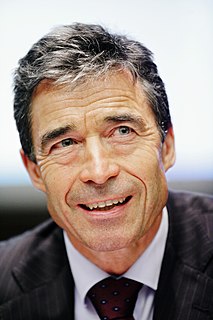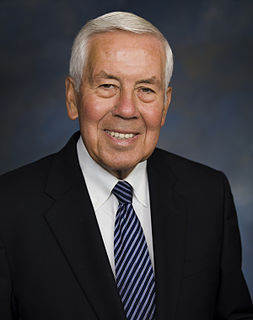A Quote by Vladimir Putin
The International Atomic Energy Agency is controlling this, the sanctions against Iran are lifted - but still the US are working on their missile defense system. What is the point of this?
Related Quotes
Some French politicians have said that the European Union should drop sanctions against Russia so everybody can join together in this fight against the Islamic State. But we're hearing from French officials that [Francois] Hollande hasn't changed his stance. He's - he's still saying that sanctions shouldn't be lifted until the Minsk agreement has been implemented.
We've gotten a long way on missile defense. We know how to do it. We know how to take down incoming warheads, but we need to do a lot more work in order to be - to deploy a system that'll defend the United States against those kinds of limited strikes that might be possible by a nuclear armed North Korea or Iran.
Israel's discourse with the United States on the subject of Iran's nuclear project is more significant, and more fraught, than it is with Europe. The U.S. has made efforts to stiffen sanctions against Iran and to mobilize countries like Russia and China to apply sanctions in exchange for substantial American concessions.
General [James] Mattis has said that the deal's in place. We can't unilaterally pull out of it without support from our allies because the sanctions wouldn't bite as deeply. And so he'll find other ways to push back against Iran in the various conflicts that Iran is fomenting around the [Iran] region.





























